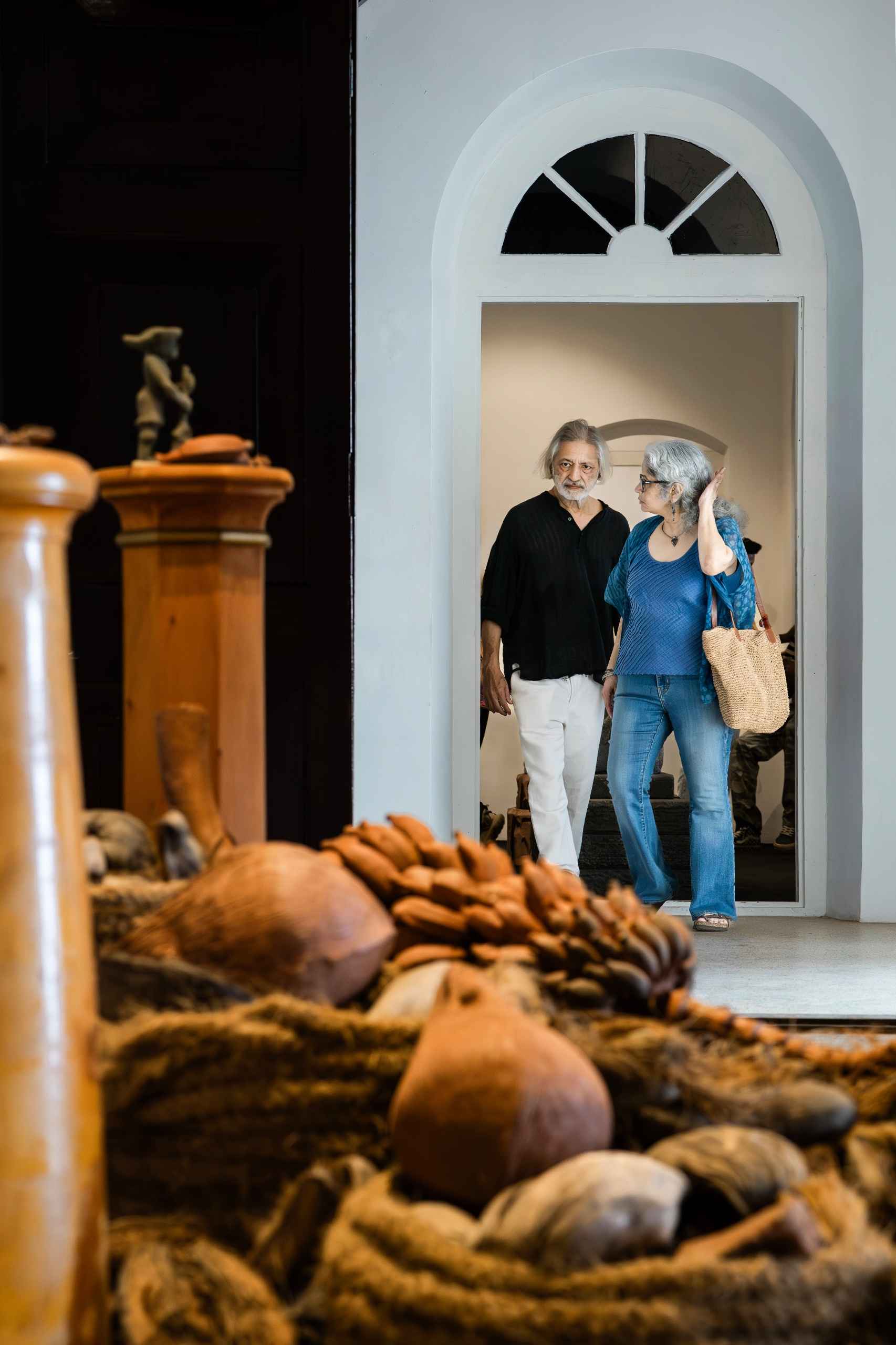Tap potential of indigenous MRI, expert tells researchers
National Science Day celebrated at RGCB
Trivandrum / February 28, 2024
Thiruvananthapuram, Feb. 28: Researchers should leverage the potential of indigenously-made and highly advanced Magnetic Resonance Imaging (MRI) with high resolution that yields precise output in their pre-clinical and clinical research, Dr N R Jagannathan, former Head, Dept. of NMR & MRI Facility, AIIMS, New Delhi, said here today.
Dr Jagannathan was delivering a lecture on ‘MRI in Pre-clinical and Clinical Research,’ marking the National Science Day at Rajiv Gandhi Centre for Biotechnology (RGCB) here.
RGCB Director Prof Chandrabhas Narayana presided over the function.
The theme of the National Science Day 2024 is ‘Indigenous Technologies for Viksit Bharat’.
Noting that future is hi-field MRI, he said the first indigenous 1.5 T (Tesla) MRI was launched on August 1, 2023.
Dr Jagannathan, who is also the Visiting Professor, Koita Centre for Digital Health, IIT, Mumbai, said MRI picks early the biochemical changes which trigger certain pathway differences and the structural damage in a body.
Noting that the cost of instrumentation and hardware components of MRI is huge, he said, “Sequences are same, whether it is 0.5 T or 7 T, except certain tuning has to be done because relaxation is exponential when we increase the field. In an MRI, 50-60 percent of the cost is for the magnet.”
MRI is not a screening modality despite its potential, he said, adding that the restriction by certain state governments on high resolution machines may be due to the frequency interference with other navigational or communication things.
On the occasion, Dr Jagannathan released the monograph titled ‘Revitalising Tribal Traditions: Initiatives for Sustainable Viksit Bharat’ that explains the activities of RGCB’s tribal heritage project.
Supported by the Department of Science and Technology, Govt. of India, under the Science Heritage Research initiative, the monogram documents traditional practices in tribal communities in Thiruvananthapuram, Idukki and Wayand districts.
In his address, Prof Narayana said this year on National Science Day, the Government of India has announced there is a need to develop indigenous technology.
Dr George Thomas, Dean, Research Administration & Faculty Affairs, RGCB, and Dr Priya Sreenivas, Dean, Academics, were also present.
In 1986, Government of India designated February 28 as National Science Day to commemorate the announcement of the discovery of the ‘Raman Effect’ by Nobel Laureate and physicist CV Raman.
Kerala Academy of Sciences also conducted an expo and other programmes as part of the event at RGCB.
Researchers and staff of RGCB, graduate and post-graduate students from various institutions also attended the day-long National Science Day programmes at the institute.
Ends


